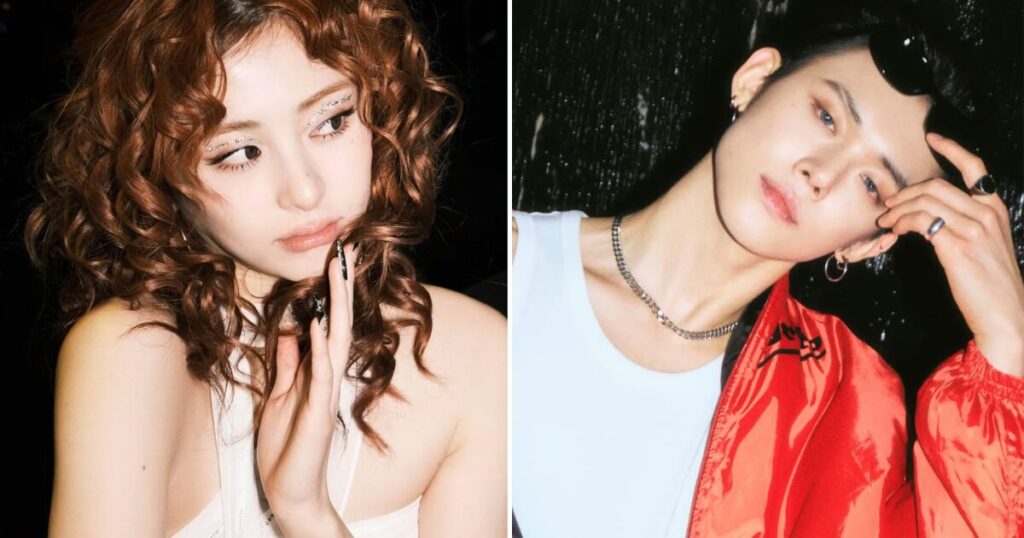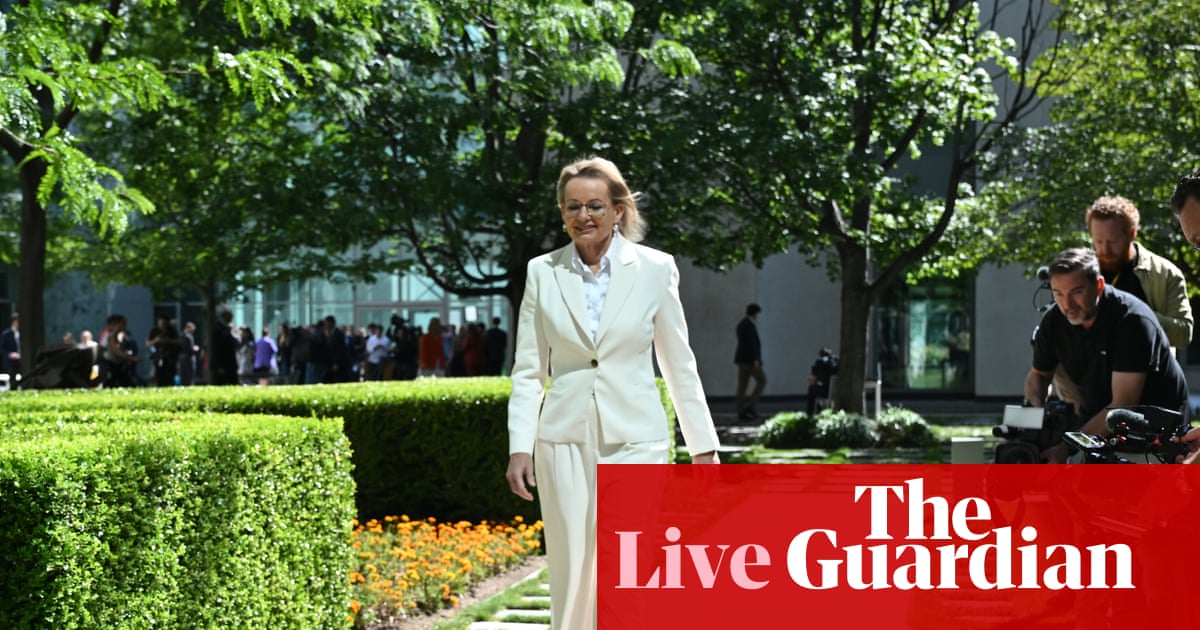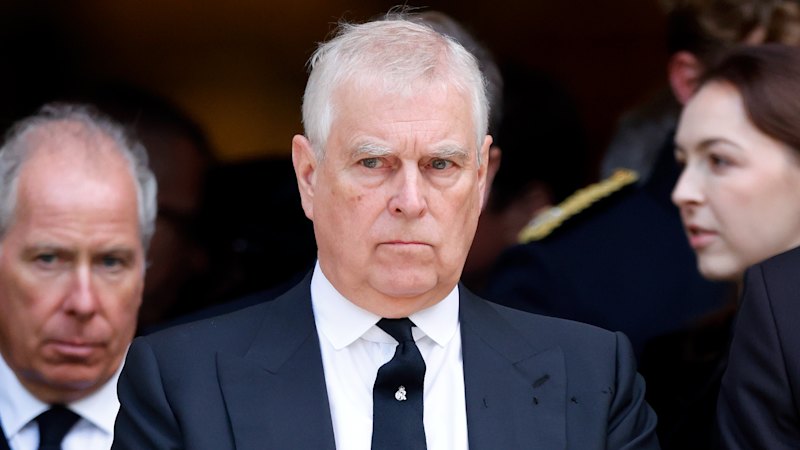
HYBE Corporation has found itself at the center of controversy following the announcement that several of its artists have been invited to join the prestigious Recording Academy. The news has sparked criticism and accusations of “payola,” a term used to describe the unethical practice of using financial incentives to influence outcomes in the music industry.
The Recording Academy, known for organizing the GRAMMY Awards, recently unveiled its 2025 New Member Class, which includes nearly 3,600 music creators. Among the invitees are prominent figures from the K-Pop world, including TXT’s Yeonjun, ENHYPEN’s Jungwon, SEVENTEEN’s Woozi and Vernon, LE SSERAFIM’s Yunjin, and KATSEYE. Additionally, Zico, an artist under KOZ Entertainment—a HYBE subsidiary—has also been invited.
Allegations of Unfair Influence
The announcement has not been without controversy. Many netizens have pointed out that all the K-Pop idols invited are associated with HYBE, leading to accusations of “payola.” Social media platforms have been abuzz with discussions, with some users suggesting that HYBE has unduly influenced the selection process to favor its artists.
“HYBE’s payola basically turned the Recording Academy into inkigayo by putting all their idols there,” one user tweeted.
Critics argue that the concentration of HYBE artists in the new class raises questions about the fairness and transparency of the selection process. However, others have defended the decision, citing the significant contributions and achievements of the invited artists.
Defending the Selection
Supporters of the inclusion have highlighted the impressive accomplishments of the HYBE artists. For instance, SEVENTEEN’s Woozi and Vernon are noted for their extensive songwriting and producing credits, with Woozi amassing 165 credits and Vernon over 95. Similarly, Zico boasts 161 credits in composing, writing, arranging, and producing.
“Songwriting credits: YEONJUN – 51, YUNJIN – 27, WOOZI – 165, JUNGWON – 3, ZICO – 161, VERNON – 95+,” detailed one tweet defending the artists.
Proponents argue that these achievements justify their inclusion and suggest that other K-Pop companies could have submitted applications for their artists as well.
Industry Standards and Historical Context
The practice of “payola” has a long and controversial history in the music industry, dating back to the 1950s when radio DJs were accused of accepting bribes to play certain records. While regulations have since been tightened, the term continues to be used to describe any perceived manipulation of music industry processes.
In the context of the Recording Academy, membership invitations are typically extended to individuals who have made significant contributions to the music industry. The criteria for selection include artistic excellence, influence, and innovation.
Looking Ahead: Implications for HYBE and the Industry
The allegations against HYBE highlight ongoing concerns about transparency and fairness in the music industry. As the company continues to expand its global influence, it faces increased scrutiny over its business practices and the perceived advantages it may hold.
Moving forward, the Recording Academy may need to address these concerns to maintain its credibility and ensure that its membership process is perceived as fair and inclusive. For HYBE, the challenge will be to navigate these accusations while continuing to support its artists’ careers and contributions to the music industry.
As the debate continues, the broader implications for the music industry remain to be seen. The situation underscores the importance of transparency and fairness in all industry practices, from awards to membership selections.







